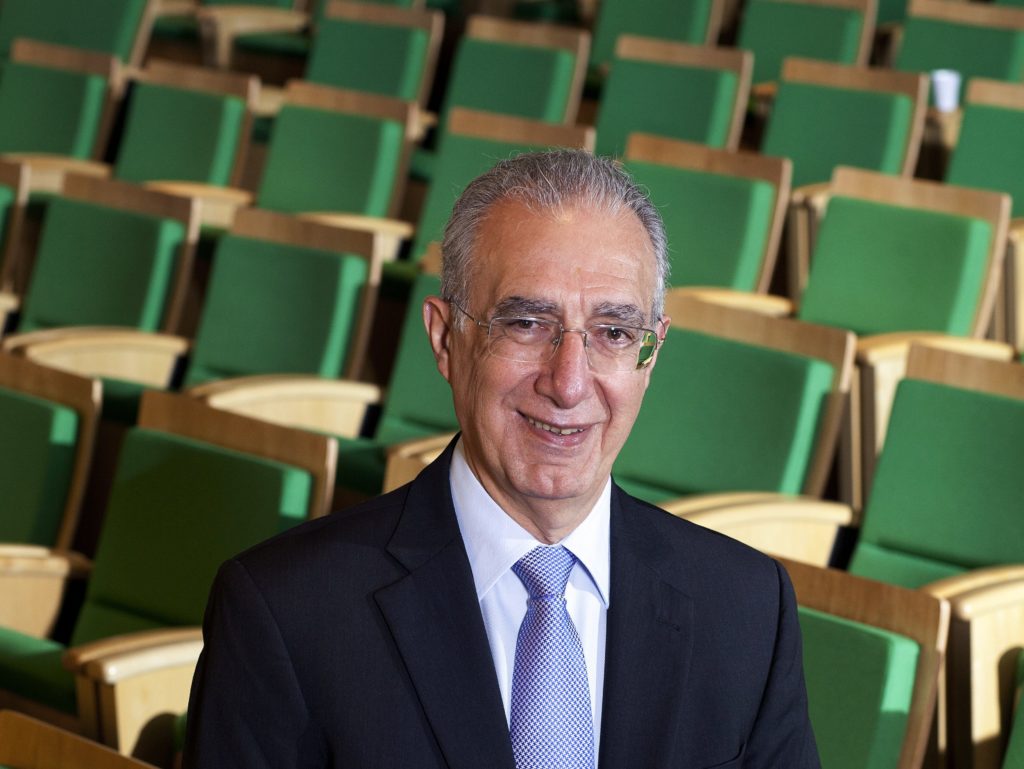Rubens Hannun*
More than a century and a half since the beginning of the Arab immigration in Brazil, their scientifically known numbers comprise 6% of Brazil’s population. This represents nearly the same number of inhabitants of São Paulo, the country’s largest city, but scattered across the Brazilian territory. We are talking about immigrants and different generations of Arab descendants that are seamlessly integrated in the country and hold leading positions in the civil society in business, politics, culture, economy, communications, and other segments.
Therefore, the Arab House, founded in late 2020, came to fill in a blank that needed to be filled.
Arab Brazilians show a deep connection with their roots that emcompass pride, identification, customs and habits, among others. Their contribution to the Brazilian development and their integration into the Brazilian society are perfect and should be capitalized even further to unite and strengthen the community.
And the Brazilian non-Arab population clearly and openly admires the Arabs living in Brazil. This makes it clear that the foundations to strengthen these feelings are solid.
Strengthening these ties is necessary as, scattered across the national territory, the Arab community in Brazil can lose their connection to their roots over time due to the lack of updated information and countless biased news aired on the national and international media that result from ignorance and little contact with the culture.
The same can occur with the Brazilian population if they are imbued with little awareness or poor knowledge and is influenced by misleading, short-sighted campaigns.
These, the Arab House can and must work on promoting the conviviality and unity of the Arab community in Brazil by using purposeful, strategic tools such as culture, training, communication, and market information/intelligence.
Its audience also includes of other origins by adding content to a well-rounded, real, deep knowledge of the culture as well as its values, principles, habits, attitudes and behaviors with a historical and contemporary point of view.
It can become an institutional center for the development of Arab-Brazilian relations and fulfill its purpose of “managing and promoting the Arab image to get a real value of their contribution, values and principles.”
To that end, the Arab House will be able to further bring together, engage and appreciate the community in the lines of its goal of “playing the role of a hub for appreciating and spreading the material and immaterial heritage of the Arab peoples and their Brazilian surroundings, respecting the different histories as well as their culture diversities and pluralities. At the same time, the project aims at contributing to bring together these values and the universal principals to effectively build a culture of peace.”
The leading role of the Arab House in Brazil will be effectivated by achieving its Social License for Operating (LSO), a business word used in Brazil to explain when a company is informally supported by the community it is part of.
To achieve its full LSO, it must climb some steps of Legitimacy, Reliability and Trust. A step feeding into another in a dynamic, endless staircase. Each step is a victory. So it will be if, with every new development involving Arabs, the considerations, discussions, actions and reactions are not only immediate and comprehensive but free from prejudice, enlightening, and politically and religiously impartial.
By working in a unified, collaborative manner with all leaders, whether they are individuals, NGOs, companies and professionals, its operations can and should take on a role and a range with a potential to reach beyond the borders of culture and its country of birth, Brazil.
The abovementioned numbers of the Arab community in Brazil are included in the Forecasts and Life Stories part of “The Arab Immigration in Brazil” survey carried out by IBOPE and H2R Pesquisas Avançadas research firm in 2020, which was commissioned by the Arab Brazilian Chamber of Commerce, and the “Friendship Ties” survey carried out by the H2R Pesquisas Avanaçadas for the Oman’s Embassy in Brazil in 2015.
*Rubens Hannun is cofounder and curator of the Arab House.
Translated by Guilherme Miranda




